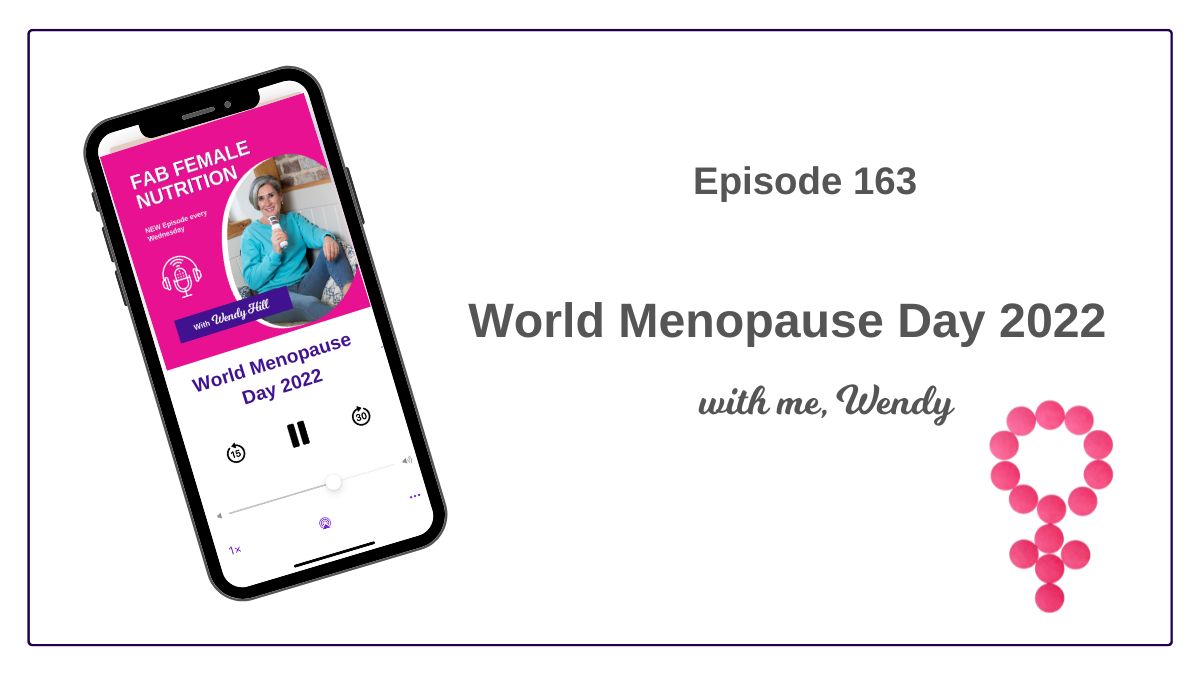There is still so much confusion, even from women, around when perimenopause and menopause happens and what the signs and symptoms are.
Today’s podcast is released to coincide with world menopause day, I also released a special episode in 2021, if you would like to go back to listen it’s episode 110.
What’s the difference between menopause and perimenopause
The term perimenopause and menopause are often used interchangeably. However officially the term menopause is a single day, and it is the day when a woman has not had a period for 12 months. Perimenopause is the time before that and post menopause is the time after that.
When we are talking about signs, symptoms, and other general talk around menopause what we are usually referring to is actually perimenopause.
How long does perimenopause last?
One of the most common things I hear is ‘I’m not in menopause yet’ from women that are in their early 40’s. Whilst perimenopause is different for everyone, I suggest that it lasts around ten years.
The reason I suggest ten years is that it can often start with symptoms that you might not recognise as perimenopause. Women assume that if they are still having a regular cycle that they are not in perimenopause, and whilst changes in our hormone levels, particularly oestrogen does have an impact on our cycle regularity, many women are taking contraceptives that interfere with this natural cycle. Also, your cycle might be less strong, but still regular.
In my experience of working with many women, often the first signs are more psychological than physical. Poor quality sleep, anxiety, fear, or anger are very common early signs. Many women describe it as having PMT but at any time of the month, along with increases in GI issues and fatigue.
The reason many women do not realise these symptoms are actually perimenopause as this seems to coincide with a time that we are super busy and we will often put it down to the stresses of modern life, rather than the natural cycle of life.
When does perimenopause end?
Officially 12 months after your last period is menopause, and then all the time after that is post menopause. However, we cannot just assume that our hormones and our bodies miraculously balance on that day, and we achieve perfect homeostasis. It is still highly likely that we still have some work to do to clear and balance hormones and support our health naturally through our second spring.
I have had many women approach me in their late 50’s distressed and confused because they are still feeling symptomatic and didn’t expect that.
What can we do to support ourselves through perimenopause?
My advice to every woman at any age, but particularly those in their mid-life years – which I suggest is 35 to 55 is to take care of your hormones. It doesn’t matter whether you are having a regular period or not you can still do lots of work to support yourself.
The earlier you start to take care of your overall health, the easier your transition through perimenopause will be, and the quicker you will reach that wonderful second spring.
- Clean up your diet
- Reduce stimulants such as coffee alcohol and sugar, as we seem to be more sensitive to these during perimenopause
- Prioritise Sleep – listen to podcast episode 131 and 132
- Rethink your exercise regime
- Reduce environmental toxins – clean up your beauty products and household cleaning
Are you ready to support your journey through perimenopause?
My links
Want to know more about ways to work with me?
There are many ways that you can work with me to balance your hormones and improve your health and wellbeing.
I have a fabulous free community on Facebook Fab Female Nutrition Club I offer lots of support and advice on female health and wellbeing. I also love to cook and create recipes and I’ll often be seen in the group cooking live and sharing all the wonderful health benefits of the ingredients used.
Several times a year I work with groups of ladies to transform their health and wellbeing. Appropriately called The Transformation Program they can help with many different issues and have had hugely impressive results – including up to 100% reduction in symptoms. If you suffer with IBS, fatigue, inflammation, hormonal imbalances or just want to spend some time concentrating on your health and wellbeing they are fabulous value and great fun.
If you feel like you need a more bespoke option, then I also offer 1:1 coaching and support. Working with your specific needs creating nutritional protocols that support your health goals. This is a fully supported program that last 6 months. We take a full health history, then create and refine protocols so that you learn about your body and how to support it. I will be with you every step of the way to guide you and ensure that you realise your true health potential. Find out more here.

